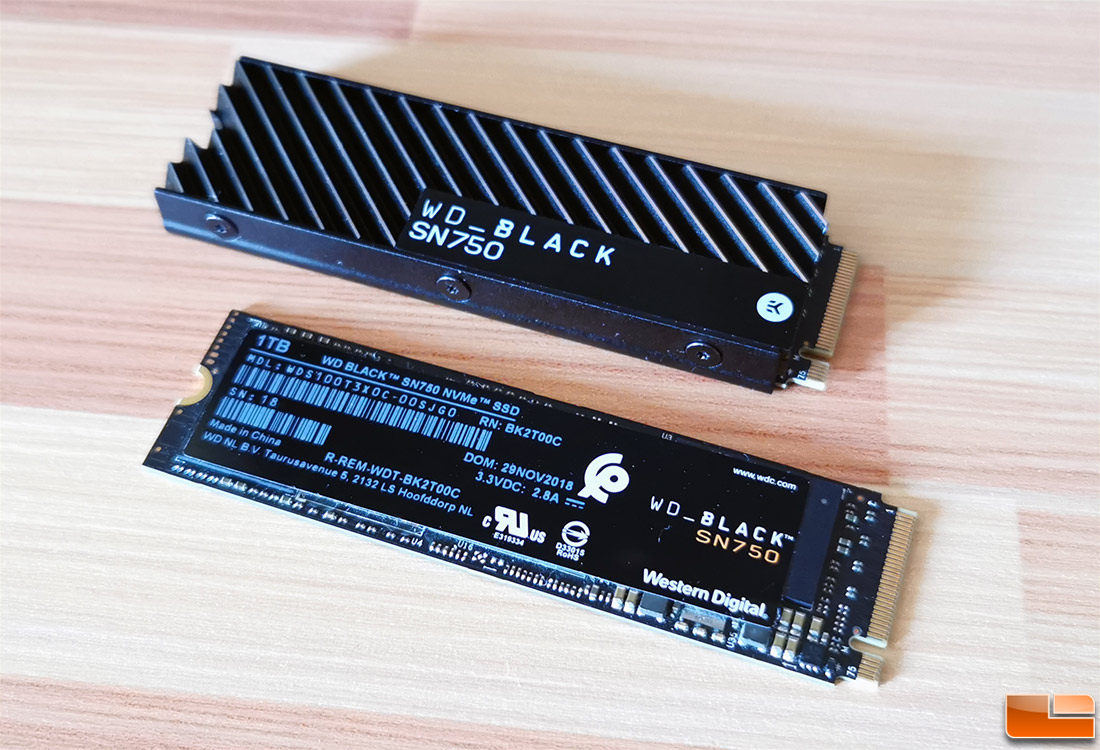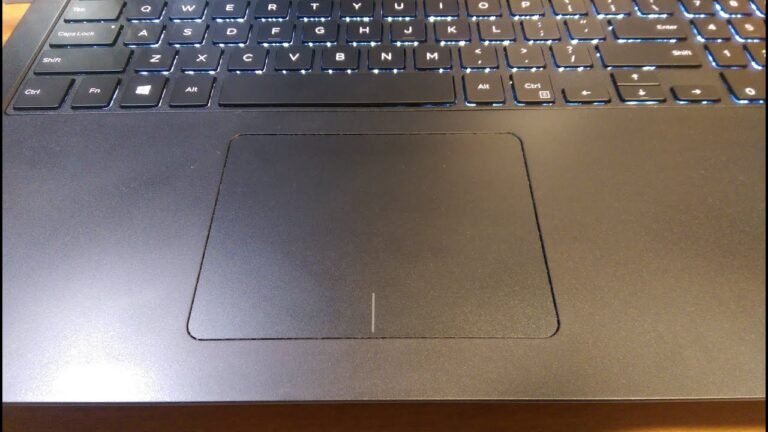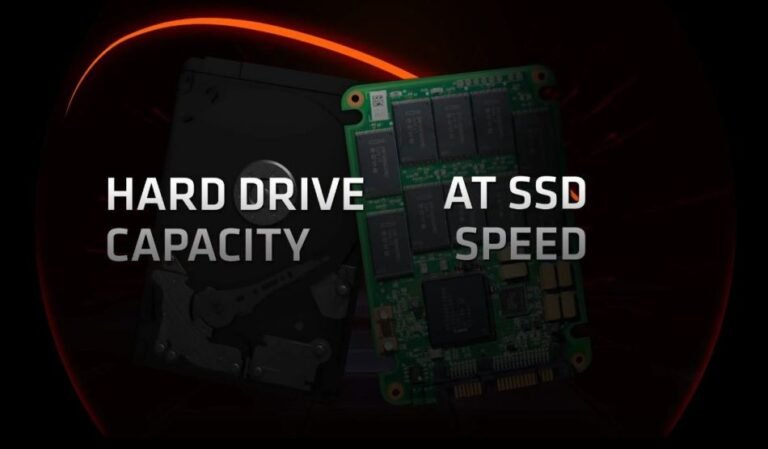Does Ssd Need Heatsink
An SSD doesn’t need a heatsink because it doesn’t produce enough heat to warrant one. The main reason you see them on some SSDs is for aesthetics, to make the drive look cooler (literally).
When it comes to your computer, there are a lot of different parts that work together to keep everything running smoothly. One important part of your computer is the SSD, or solid state drive. This is the part of your computer that stores all of your data and files.
While SSDs are very durable and don’t require a lot of maintenance, one thing they do need is a heatsink.
A heatsink helps to dissipate the heat that is generated by the SSD while it is in use. Without a heatsink, the SSD can overheat and start to malfunction.
There are a few different types of heatsinks available for SSDs, so you’ll want to make sure you get one that fits your particular model. Most importantly, make sure you get a quality heatsink from a reputable company so you can be sure it will properly protect your SSD.
Does Ssd Need Heatsink for Ps5
As the next generation of gaming consoles, the Playstation 5 and Xbox Series X are both set to release in 2020. One of the key differences between the two is that the PS5 will have a solid state drive (SSD), while the Xbox Series X will not. So, does this mean that the PS5 will need a heatsink?
The answer is: maybe. It all depends on how Sony decides to implement the SSD within the console. If they use a traditional hard drive setup, then yes, a heatsink will be necessary to prevent overheating.
However, if they utilize a more advanced flash memory technology, then it’s possible that a heatsink may not be required.
At this point, it’s all speculation until we know more about how each console is designed. But one thing is for sure: both the PS5 and Xbox Series X are sure to provide an incredible gaming experience!
Ssd Heatsink for Ps5
If you’re looking to keep your PS5 cool and improve its performance, then you should consider investing in a SSD heatsink. Here’s everything you need to know about them.
What are SSD heatsinks?
SSD heatsinks are devices that are attached to the back of an SSD (solid state drive) in order to dissipate heat away from it. They are usually made from aluminium or copper and have fins or other features that help to increase their surface area so that they can more effectively radiate heat. Many also come with thermal pads or paste pre-applied, which helps to create a better thermal contact between the SSD and the heatsink.
Why do I need one?
The main reason for using a SSD heatsink is to keep your solid state drive cooler, which can help to improve its performance and longevity. Heat is one of the biggest enemies of electronic components, and as SSDs have no moving parts they are particularly vulnerable to overheating.
By keeping your SSD cool, you can help to prevent data corruption and extend its life span.
Do I Need a Heatsink for My M.2 Ssd Laptop
Most M.2 SSDs come with a built-in heatsink, which is designed to help dissipate heat and keep the drive running at optimal temperatures. However, there are some M.2
SSDs on the market that do not come with a heatsink. If you’re wondering whether or not you need a heatsink for your M.2 SSD laptop, the answer is it depends.
If you’re using your laptop in a cool environment and don’t plan on doing any intensive tasks that would generate a lot of heat, then you likely won’t need a heatsink for your M.2 SSD. However, if you’re using your laptop in a warm environment or plan on doing resource-intensive tasks, then a heatsink can help ensure that your M.2
SSD doesn’t overheat and throttle performance.
Ultimately, whether or not you need a heatsink for your M.2 SSD laptop depends on how you plan on using it and what type of environment you’ll be using it in most often.
If you’re unsure, err on the side of caution and get an M.2 SSD with a built-in heatsink to be safe.
Do I Need a Heatsink for My M.2 Ssd Reddit
If you’re wondering whether or not you need a heatsink for your M.2 SSD, the answer is maybe. It depends on a few factors, including what kind of SSD you have and how much heat it generates.
Some M.2 SSDs can get quite hot, especially during intense use like gaming or video editing. If your SSD gets too hot, it could start to overheat and throttle itself to prevent damage.
This will decrease its performance, so you definitely don’t want that!
A good way to know if your particular SSD needs a heatsink is to check out reviews online. See if other users with the same model have experienced overheating and whether or not they installed a heatsink.
If you think your SSD might benefit from a heatsink, there are many different options available. You can find them at most computer stores or online retailers. Just make sure to get one that’s compatible with your specific SSD model!
Does Ssd Need Heatsink Reddit
If you’ve been wondering whether or not you need a heatsink for your solid state drive (SSD), the answer is probably no. SSDs are much more resistant to heat than traditional hard drives, and they typically don’t require any special cooling.
That said, there are a few circumstances where an SSD heatsink might be a good idea.
If you’re using your SSD in a particularly hot environment, or if it’s overclocked, then a heatsink can help keep things cool and improve performance.
So, should you get an SSD heatsink? Unless you’re using your SSD in extreme conditions or pushing it to its limits, there’s no need.
But if you want the peace of mind that comes with extra cooling, then a heatsink is worth considering.

Credit: www.legitreviews.com
Do Gen 4 Ssd Need Heatsink?
No, Gen 4 SSDs do not need heatsinks. The flash memory chips used in SSDs are very resistant to heat and can operate at high temperatures without any issues. In fact, some manufacturers even recommend using SSDs without heatsinks in order to avoid potential thermal throttling of the flash memory chips.
What is the Point of Heatsink Ssd?
An SSD, or solid state drive, is a storage device that uses integrated circuit assemblies to store data persistently. SSDs are a newer technology than traditional hard drives (HDDs), which are essentially spinning disks with read/write heads. One key advantage of SSDs over HDDs is that they have no moving parts, which makes them much faster and more reliable.
Another advantage is that they use less power, which can extend the battery life of laptops and other portable devices.
One downside of SSDs is that they tend to be more expensive than HDDs on a per-gigabyte basis. This is why many people still use a combination of both an HDD for bulk storage and an SSD for their operating system and other critical files.
A heatsink is an electronic component used to dissipate heat from another component or device. Heatsinks are commonly used on CPUs, GPUs, and other high-power chips to prevent them from overheating and failing. A good heatsink will have a large surface area in order to dissipate heat quickly, and will often be made of metal or another good conductor of heat.
Can I Use Nvme Ssd Without Heatsink?
You can absolutely use an NVMe SSD without a heatsink! In fact, many NVMe drives don’t come with heatsinks pre-installed. So, if you’re looking to save a few bucks or don’t have a need for the extra cooling that a heatsink provides, feel free to go ahead and use your NVMe drive sans-heatsink.
Of course, there are some potential downsides to not using a heatsink with your NVMe drive. Heatsinks help to dissipate heat generated by the drive, which can in turn help to prolong its lifespan. So, if you’re looking for the absolute best performance and longevity out of your NVMe SSD, then it’s probably worth investing in a quality aftermarket heatsink.
Does 2.5 Ssd Need Heatsink?
No, a 2.5″ SSD does not need a heatsink. Heatsinks are designed to dissipate heat away from sensitive electronic components, and while SSDs do generate some heat while in use, it is not enough to warrant the use of a heatsink. The main reason why you would see a heatsink on an SSD is if it is part of a larger cooling solution for the device it is installed in.
For example, many gaming laptops have dedicated GPU and CPU cooling solutions that also include an SSD heatsink as part of the overall design.
Is COOLING Your SSD A MISTAKE?
Conclusion
This blog post discusses whether or not SSDs need heatsinks. The author ultimately concludes that while SSDs may not strictly need a heatsink, it can’t hurt to have one and it may even improve performance.










